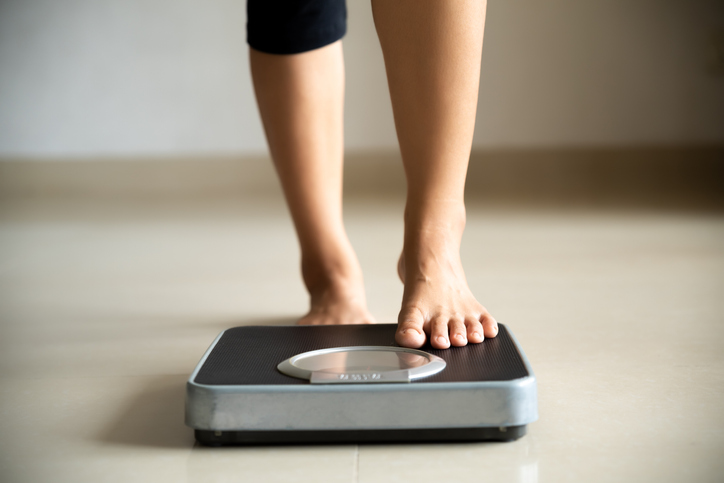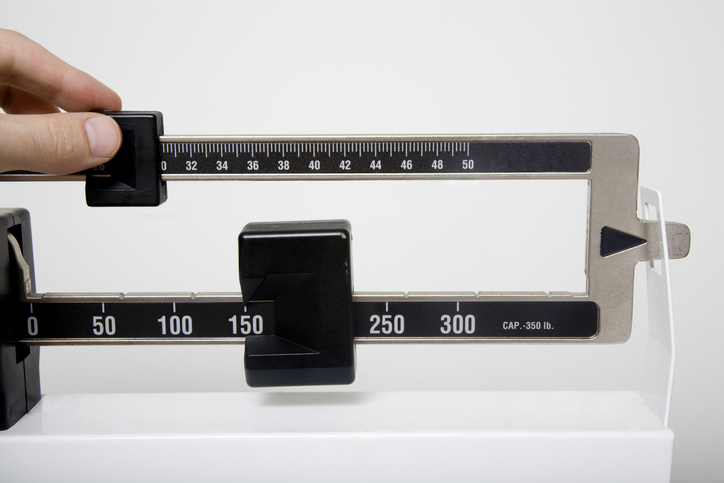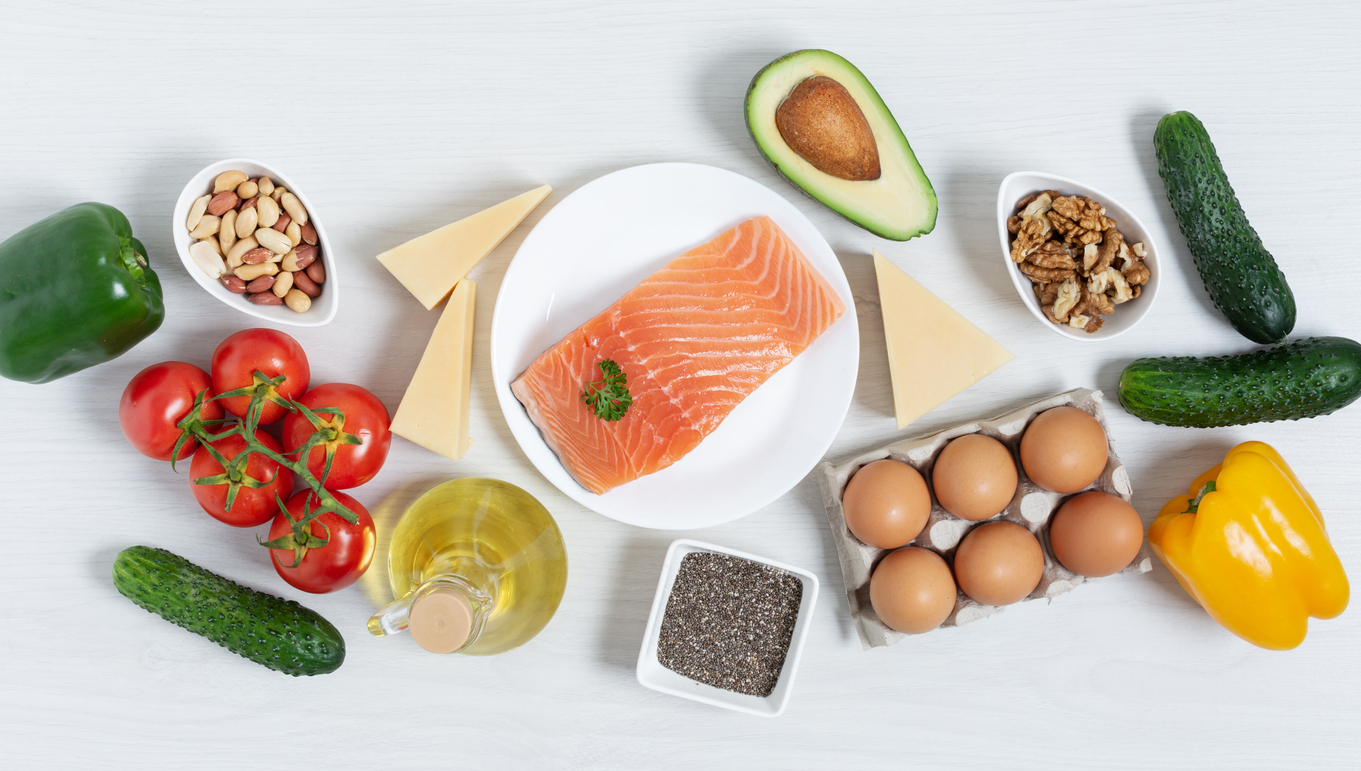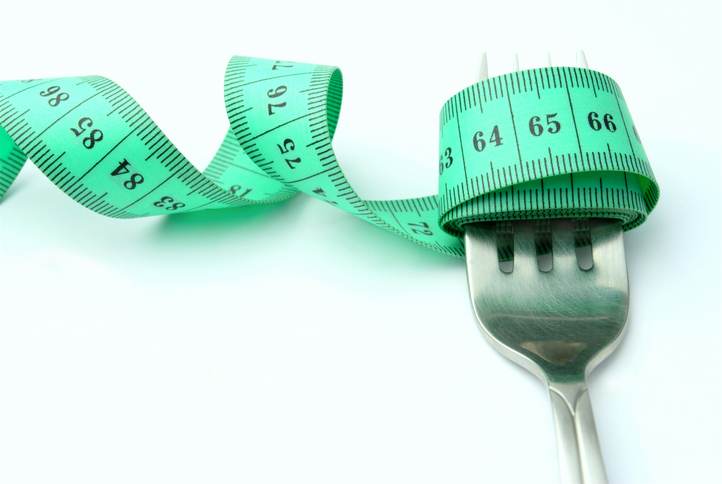Wellness
How Chronic Pain Impacts Eating Behavior

Chronic pain can have an impact on an individual’s body weight. While weight is not affected in all cases; for some, it can lead to obesity.
Potential causes of weight gain
Inactivity due to chronic pain may lead to weight gain. Some health conditions are associated with hormone imbalances or thyroid dysfunction, which can increase weight. In some cases, medications used to treat chronic pain can boost the appetite or slow the body’s metabolism, also leading to weight gain.
How chronic pain impacts eating behavior
Though the precise link between pain, eating and weight is unknown, recent research suggests that the connection may be related to a specific part of the brain. Scientists discovered that chronic pain can cause changes in the nucleus accumbens, which is part of the brain associated with emotions, decision-making, and pain and pleasure signals. Changes in this part of the brain causes disruption to the body’s signals that a person is full. This may cause individuals to eat more than their body needs, contributing to an increase in weight.
Studies
Scientists conducted a recent study on individuals in three categories; chronic lower back pain, sub-acute lower back pain lasting between six and 12 weeks, and without lower back pain. They studied individuals’ eating behaviors and magnetic resonance imaging (MRI) of their brains one year apart. Interestingly, they found that individuals with chronic lower back pain and those with sub-acute lower back pain experienced disrupted eating behaviors.
Additional theories
Other theories regarding the effects of chronic pain on eating behavior suggest that individuals with chronic pain receive less pleasure from eating fatty foods, resulting in overeating to receive pleasure. It is also proposed that individuals with chronic pain may overeat as a result of emotions, or a sense that it is okay to consume unhealthy foods because they suffer enough due to chronic pain.
Conclusion
These results indicate the need for additional research on the link between pain, eating behavior, and the nucleus accumbens in the brain. Since this study was relatively small and only involved individuals with lower back pain, studies involving a greater number of people with various types of chronic pain would prove beneficial. The connection between chronic pain and eating behavior is complex and may involve neurological, psychological, environmental, and other factors.
Additional source: VeryWell Health and Medical News Today

















